Chinese investor plans to spend $100m on beef
- Australian Financial Review
- 04 May 2015
One of China’s largest beef producers, Honda Agriculture, is looking to buy up to $100 million worth of cattle property in Australia over the next 12 months.

One of China’s largest beef producers, Honda Agriculture, is looking to buy up to $100 million worth of cattle property in Australia over the next 12 months.

Because of plantations or infrastructure projects, people are displaced from the land that their livelihood depends on. To improve matters, the UN voluntary guidelines on the tenure of land, forests and water must be implemented.
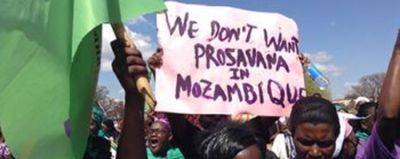
English translation of the joint request by 6 Japanese NGOs to the Minister of Foreign Affairs, Japan, and the President of JICA
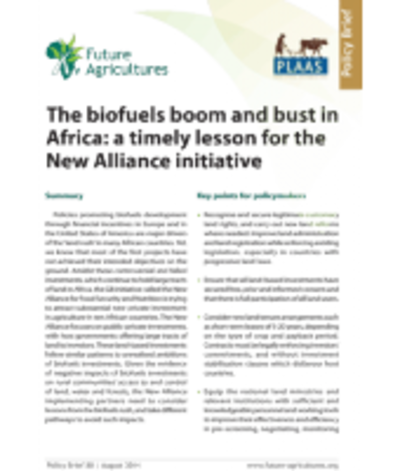
Land-based investments in Africa supported by the G8's New Alliance follow similar patterns to unrealised ambitions of biofuels investments.

A comprehensive investigation into the oil palm industry in West Papua, by awasMIFEE and Pusaka and local Papuan organisations Belantara Papua, Bin Madag Hom, Jasoil, SKP KAME and Jerat. Papua, and Sawit Watch.

Irrigated farmland near the Niger River should be the breadbasket of Mali. But a lack of infrastructure, political instability, climate change and botched foreign investment deals mean the region isn't living up to its potential.
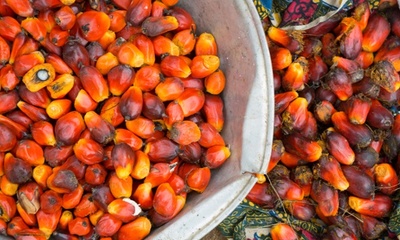
It’s right to hold destructive palm oil companies to account, but until we look to the organisations funding their activities we’re missing an important part of the puzzle.
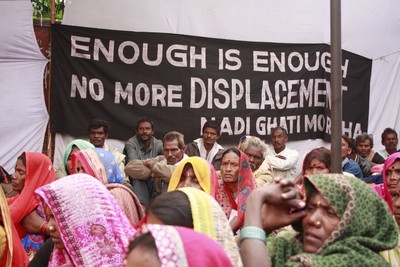
Legislative changes now sweeping across Asia threaten to displace millions of peasant families, undermine local food systems and increase violent conflicts over land. Already, just six percent of Asia's farm owners hold around 66% of its farmland.

The movement launched in Cameroon by peasants deprived of their land by the oil palm plantations is spreading. Bolloré puts the responsibility for the conflict on the Belgian shareholders of Socfin.
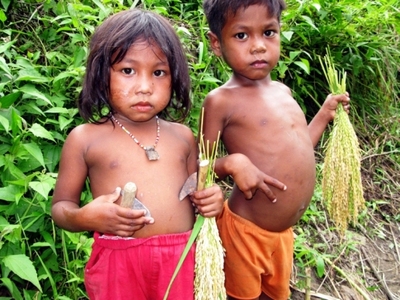
in Palawan, Philippines traditional farming like ‘slash-and-burn’(kaingin) is antagonized through restrictive legislation to pave way for increase land deals for industrial agriculture, especially oil palm and rubber.
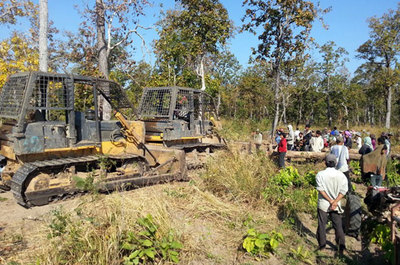
Around 50 villagers representing 90 families from Lor Peang village in Kampong Chhnang province presented petitions to the U.S. and European Union embassies among others, accusing KDC International—a company run by Chea Keng, wife of Cambodia’s Minister of Mines and Energy Suy Sem—of encroaching on their land.

Peasants of Malema, Nampula Province, criticised the government for the way the ProSavana project is being implemented at a public consultation on the project's master plan.